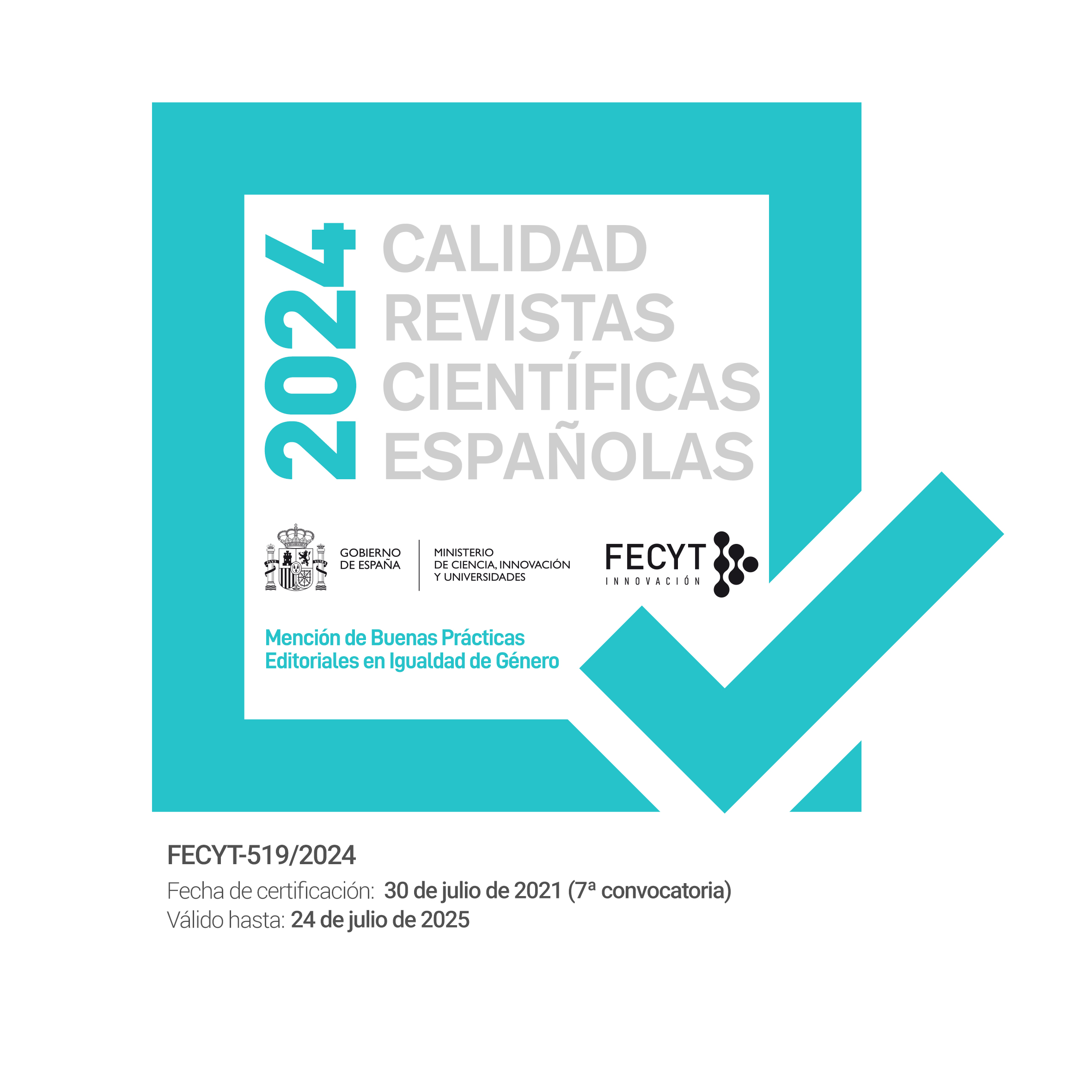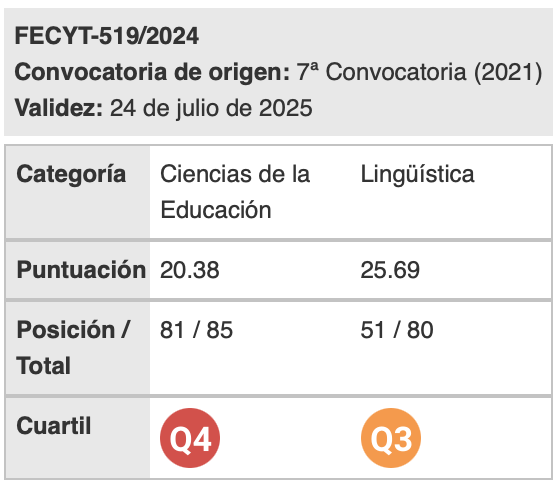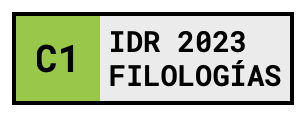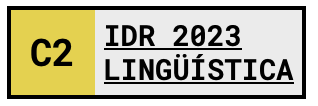The Role of Passive Voice in Hedging Medical Discourse: a Corpus-based Study on English and Spanish Research Articles
Palabras clave:
lingüística aplicadaResumen
The appropriate use of hedging in scientific discourse is a vital skill for wri- ters presenting their knowledge in an academic discourse community and much work has therefore been done on this relevant feature, especially on its use in the rhetoric of specialized texts in English. Some authors believe that there are considerable differences in styles of writing in particular cultures (e.g., see Connor and Kaplan 1987, Mauranen 1993b and Valero-Garcés 1996). But not until very recently and mainly as a result of the growing interest in contrastive rhetoric has Spanish language been studied as well. In this paper I will examine the range of expressions in English and Spanish medical research articles that are commonly known as hedging. Although hedging typical realisation might be considered to be the modal verb forms, they are not the only devices available. In our research, we have also considered the role of passive voice in modulating specialized discourse.This study based on a corpus of 10 Research Papers (RP) in English and 10 RP and 10 Case Reports (CR) in Spanish sets out to find reasons behind the existence of a wide range of hedging realisations. Drawing upon Swales (1990) genre analy- sis framework, it will be shown that hedging features are related to linguistic forms through functional and conventional associations. Thus, showing the factors influencing the choice of expression we will explain the meanings conveyed by each realisation and expose the similarities and differences between Spanish and English hedging devices in medical research papers. Key words: Discourse analysis, hedging, cross-linguistics and LSP.
Descargas
Descargas
Publicado
Cómo citar
Número
Sección
Licencia
Aquellos autores/as que tengan publicaciones con esta revista, aceptan los términos siguientes:
- Los autores/as conservarán sus derechos de autor y garantizarán a la revista el derecho de primera publicación de su obra, el cuál estará simultáneamente sujeto a la Licencia de reconocimiento de Creative Commons que permite a terceros compartir la obra siempre que se indique su autor y su primera publicación esta revista.
- Los autores/as podrán adoptar otros acuerdos de licencia no exclusiva de distribución de la versión de la obra publicada (p. ej.: depositarla en un archivo telemático institucional o publicarla en un volumen monográfico) siempre que se indique la publicación inicial en esta revista.
- Se permite y recomienda a los autores/as difundir su obra a través de Internet (p. ej.: en archivos telemáticos institucionales o en su página web) antes y durante el proceso de envío, lo cual puede producir intercambios interesantes y aumentar las citas de la obra publicada. (Véase El efecto del acceso abierto).

Revista de Lenguas para fines específicos is licensed under a Creative Commons Reconocimiento-NoComercial-SinObraDerivada 4.0 Internacional License.






















